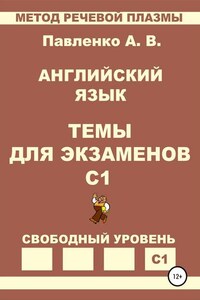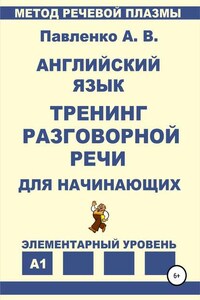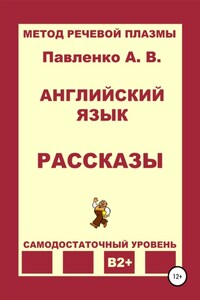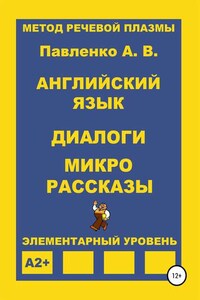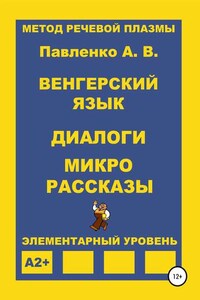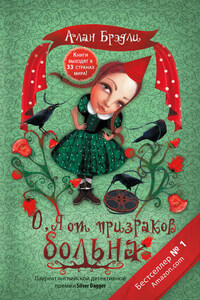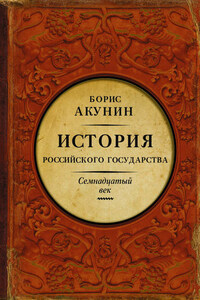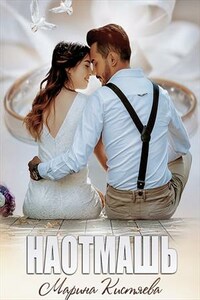Thomas
Hi, my name is Thomas. I’m from Leicestershire in England, a small village near Leicester called Glenfield to be exact. I was born there and have lived there for most of my life. When I was very young, my mother always used to stay at home with me and teach me things and play with me. I never had to go to a créche because she didn’t have to work. My father always came home at about 6 o’clock at night after a long day at work, and he worked enough that my mother didn’t have to. So this was great. My first real contact with other children was when my brother was born, when I was 3. And after that, at the nursery school. I only remember a few things about the nursery school because I was only 5 or 6, but I do remember a lot of bright colours, and that there were a lot of things to do. There was painting equipment, things to put on top of each other like bricks to build little houses out of, and a lot of children… I remember that we didn’t have to do very much there. It wasn’t like my later memories of school, when it became much more difficult and demanding.
My first impressions of primary school were very, very different to what I was used to before. I think I cried, like many children on their first day. I wasn’t so happy about being without my mother for more than 2 or 3 hours. However, I soon got used to it, and found lots of interesting places to hide and play in the school playground. I remember that there were many things to climb and swing on. We learned pretty much the same as children everywhere, I suppose. We learned the basics of Maths and English, and we started to do sport.
I remember at playtime, which was at about 10 o’clock in the morning, and then at another break at dinner time at about 12 o’clock, that we used to play a lot of sport as well. But my strongest memories of it were of very rough games. I suppose that those experiences which really stay with you are the strongest ones. I remember a few times being hit during a game of football, and I wasn’t very happy about it!
I also remember being taken to the headmaster for calling another child a bad name. However, I generally got on quite well with the teachers, I was quite successful in class, and even though I found it a struggle, I don’t think it was as much of a struggle for me as it was for a lot of the other children around me.
I remember a few of the teachers very well. I remember Mrs Jenkins, who taught us for the first year. Her classroom was so nice – there were models of dinosaurs and pictures of dinosaurs on the walls. This fired me up with a great enthusiasm for dinosaurs which lasted for a couple of years after that. I even remember that in the school assembly, which used to happen every morning before lessons started, one day I was called to speak about dinosaurs and to tell the other children about my interest in them. Looking back on it now, it probably would have been quite embarrassing to see myself then, but at that time I was very excited about it and very proud.
Primary school lasted for two years, after which came junior school, which I think lasted for four years. Each year we had a different teacher and that teacher would teach us all of the different subjects. For the first time, our time became divided into subjects, so every Wednesday morning we would study Mathematics, every Tuesday afternoon we would study English, and so on.
I was quite a good student really. I didn’t have too many problems with the work, but I used to get into quite a lot of trouble for talking, especially when I spoke at the same time as the teacher.
We had an Indian teacher called Mr Salwan, who was a Hindu. I’d never met a Hindu before, and he was the first person I knew, who was a vegetarian. After meeting him again, a few years later, I became a vegetarian, and have been for 10 years now. So, I suppose he made quite a strong impression on me.
My memories of playtime were that it was even rougher than at primary school. I think that a lot of the time I used to play with the girls, because playing with the boys was just too violent. Sometimes, I did enjoy playing superheroes or soldiers with the other boys. Most of the children played sports at playtime, but I remember that I never really enjoyed it, as I was never really good at them.
High school and secondary school were a bit of a different story from the earlier schools. I think they seemed to take themselves a lot more seriously. The subjects were all examined, and at the end of the school we were given grades, which we carry with us through our lives. I came out of secondary school with quite good grades. I really did work hard for them. I remember that a lot of my studying was really last minute, though… I used to wait until two weeks before the exam, and then study all day, every day, sometimes, in the days coming up to the exams, without even sleeping. On the doorstep of the exam room, I’d be reading my revision notes. However, this technique of passing examinations worked for me. It does mean, however, that now I remember very little of what I learned at school.
The last years of secondary school were really oriented towards getting people on to university and starting them on their careers. I remember we spent a lot of time in careers training, filling in questionnaires to decide whether we could become hairdressers, or road-maintenance vehicle operators. I spent most of my time in the music department. I’d been learning the clarinet from the age of about nine, and this was a very strong interest for me. I used to manage to get out of some of my sports lessons by taking extra music practice. I liked my clarinet teacher very much. He had a strong influence on my music later on in life, as he taught me the basics of it. I didn’t get on with my general music teacher so well, which is why I didn’t continue music studies to “A” level.
In England, we have “O” levels at the age of 15 or 16, and “A” levels at the age of 17 or 18. If you get really good grades at “A” level, you can go on to university. But if you don’t obtain these, then you have to look out into the big wide world, and try to find somebody who will employ you, and give you a start in your career.
I was lucky to get good grades at “A” level, so I went on to university. In the end, I decided to study biology as I’d been very successful in science subjects. But when I finally got to university, I found that Sheffield (which was the city where I was studying) was a much bigger, smellier, noisier city than I was used to, and I couldn’t cope with it for more than a year. Also, I really realized that I didn’t want to be a scientist, and I couldn’t see the reason for filling my head with facts and figures, useless information, which I couldn’t relate to my practical life around me, so I spent most of my time with friends, sitting and listening to music, and discussing philosophy and life.
